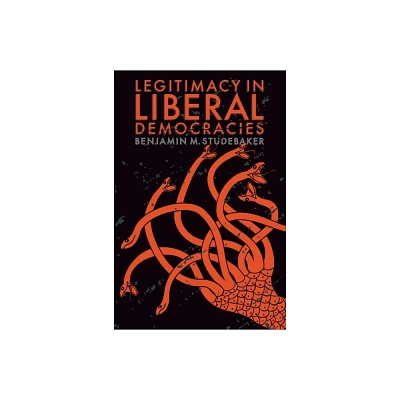Home
Parties and Party Systems Liberal Democracies
Loading Inventory...
Barnes and Noble
Parties and Party Systems Liberal Democracies
Current price: $140.00


Barnes and Noble
Parties and Party Systems Liberal Democracies
Current price: $140.00
Loading Inventory...
Size: Hardcover
*Product Information may vary - to confirm product availability, pricing, and additional information please contact Barnes and Noble
First published in 1988,
Parties and Party Systems in Liberal Democracies
considers the extent and ways in which Western European and North American parties and party systems changed in the 1970s and 1980s after decades of relative stability. It examines changes in the nature and organisation of parties and relates this to changes in electoral behaviour and to wider social and economic change. It concentrates on political parties as actors and the ways in which they maintain themselves and respond to the moves and gambits of both established and newer parties and to the increasingly numerous and vociferous single interest pressure groups. One important argument put forward is that many social and economic changes have had a minimal impact because established parties have been able to adapt by redefining issues in their favour and have also been able to rely on residual support and access to patronage. This engaging volume will have strong appeal for courses in political science, government, political behaviour and history.
Parties and Party Systems in Liberal Democracies
considers the extent and ways in which Western European and North American parties and party systems changed in the 1970s and 1980s after decades of relative stability. It examines changes in the nature and organisation of parties and relates this to changes in electoral behaviour and to wider social and economic change. It concentrates on political parties as actors and the ways in which they maintain themselves and respond to the moves and gambits of both established and newer parties and to the increasingly numerous and vociferous single interest pressure groups. One important argument put forward is that many social and economic changes have had a minimal impact because established parties have been able to adapt by redefining issues in their favour and have also been able to rely on residual support and access to patronage. This engaging volume will have strong appeal for courses in political science, government, political behaviour and history.


















